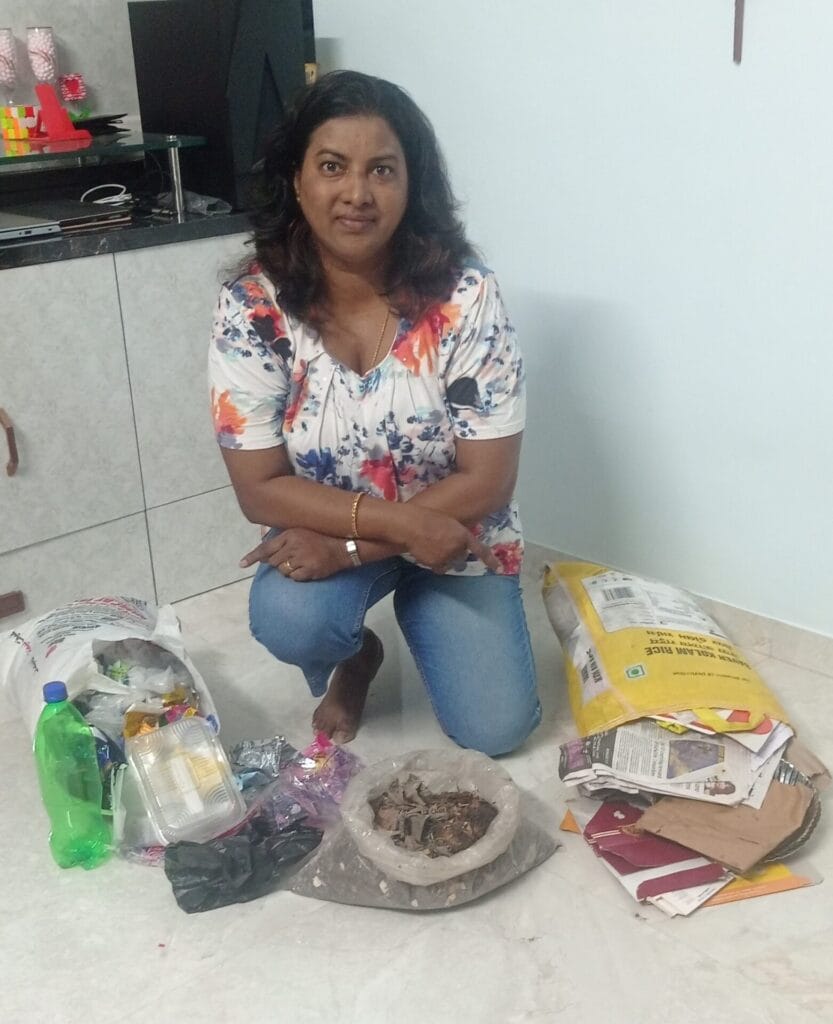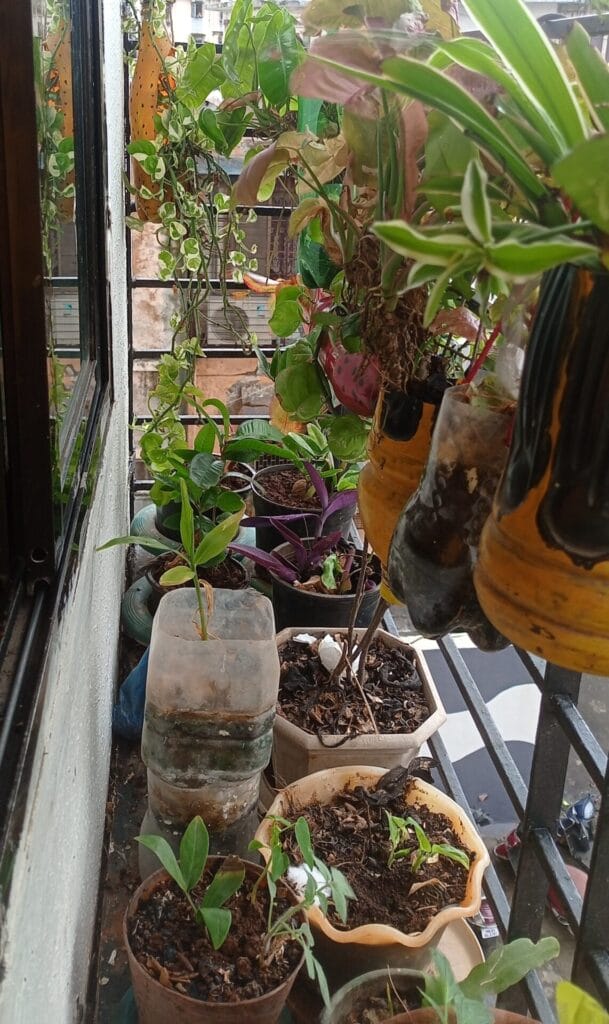Every season brings its own positives and challenges for Aapli Mumbai. Monsoon is over and we are now grappling with the onset of winter and air pollution. Whatever the season and its challenges, it is important to look at the systemic issues and keep the focus on solutions. Only the collective will and efforts of the people and the administration can make the city more liveable.
With that thought, Citizen Matters had organised an Essay Competition – Mumbai Monsoon Masterminds, calling for opinions from residents of Mumbai to share their experiences about monsoons and offer unique solutions.
In the following prize winning entries, Mumbai residents have highlighted what they and the government can do, individually and collectively, to manage monsoons better. On Friday we published the essay that won the first prize. Here we publish the essay that won the second prize.
What has consumerism got to do with floods?
In spite of Mumbai being a densely populated city it still has space and welcomes immigrants with warm hands. With the increasing number of population there is increase in the requirements of food, clothing, and housing. These requirements increase trash, as once we unpack or unwrap stuff, the major problem is that of waste disposal.
Year after year Mumbai experiences very bad monsoons. Although rain is important for our living, it brings in a lot of problems. People who have experienced calamities, destruction, water logging due to rains, fear the monsoon season.
Here the questions arise – are rains bad? Do rains bring these after effects? Who is responsible for these problems? Man or nature? These are left for us to answer.
Ultimately, it is we humans who are responsible for the destruction of nature. With the destruction of nature, we invite poor health and increase in illnesses too.
With more and more cutting of trees, we see rains playing havoc in our lives. The trees help in controlling the clouds as a result rain gets equally distributed.
Secondly, how do I as human dispose the things I bring home? Am I increasing trash in my house or am I conscious of what I am purchasing? Is it a need of the hour or do I purchase just to compete with my neighbour? Consequently, do I burden the environment?
Along with every item one purchases, we bring home plastic and paper. How do I dispose the same? Am I conscious of my actions? Or do I just blame people saying they should behave this way and that way? What is my role in solving the problems that arise in monsoons?
Waste segregation
As a citizen of the country, my efforts should be in reducing the purchases or indulging in things, which affect our environment. Plastic is a major issue of the day, which leads to water logging and clogging of drains. It has even reached our oceans and we have seen strings of plastic in fishes.
The animals too are affected by this. As an individual my role should be to reduce the purchase of plastic. Even if there is no option but to purchase, we should find ways to dispose the plastic responsibly and ensure it does not end up in our drains. As of today, there are a number of NGO’s working for this cause. We, as individuals, should support and benefit by doing our part in recycling plastic.

The government, on its part, should ban plastic or instruct the manufacturers to collect this plastic and find ways to reuse the same plastic to make new items. This way, plastic will be easily recycled. If not done, then a monetary fine should be imposed on them, which will enable them to think of ways to recycle plastic. A regular check should be kept on the manufacturers and also the users of plastic.
Read more: Despite filtration exercise, clean Mithi River a distant possibility
Plastic: The real deal breaker in monsoon management
We can help in recycling plastic in many ways. First and foremost, by purchasing reusable plastic. Secondly, to reuse the plastic by making usable things like decorative flower pots, decorative flowers.
The government could collect and use plastic to convert into footpath tiles. Plastic is strong and takes years to degrade. Hence, using it in making roads or in certain construction work would ease the burden on the environment.
If we look around us, we see more and more construction work is being taken up. The fields, saltpans and open areas are encroached to build buildings. The water, which now gets accumulated in these areas is creating hazardous situations. The metro work, the flyovers, the encroaching of the seas is man-made destruction. In the name of development a lot of destruction has been taking place. A check with the ecological department by the government could help in better planning of the same.
Cleaning of drains need to be taken over by the Brihanmumbai Municipal Corporation (BMC) on a regular basis. We often observe that the BMC gears up just before the rains and they are lax for the rest of the year.
Policy to reuse, recycle
Garbage collection should be done very effectively. Dry waste does not degrade fast and hence, the need for it to be segregated. In fact, it needs to be segregated further, such as separating paper from plastic. The wet waste could be sent to for manufacturing fertilizers.
The government should have initiatives to recycle the waste paper to make fresh paper. In this way, we could save the environment by cutting less trees. We are moving into a digital world. We can easily reduce the use of paper by digitally processing bills for purchases.
The government should open recycling centres and give incentives for the quantity of plastic deposited and recycled. They should be monitored, segregated and sent to different outlets where it can be reproduced to make useful objects.
Many a time, we see our government lax on such things. They come out with some programmes with incentives, which goes on for a couple of months and then fades off. This should not be the official attitude.
If the government cannot run such centres, it should be given to private firms with certain benefits, to run the show.

Every drop makes an ocean. Likewise, every bit of contribution can save the environment. I, as an individual, can go on an on and say the government can do this and that.
But am I a vigilant citizen? That is the question here.
I, on my part, have been collecting every bit of plastic, which goes to the recycling centre run by the NGO ‘Project Mumbai’. Besides, I have converted plastic bottles into beautiful flower pots in my garden. Paper goes separately to the raddiwala. Besides, the other waste of dry food items and vegetables goes as compost for plants. I have ensured that the physical waste that goes out of my house is bare minimum.
If every individual takes up an initiative, I feel we could do our bit in helping control the major monsoon issues of Mumbai.